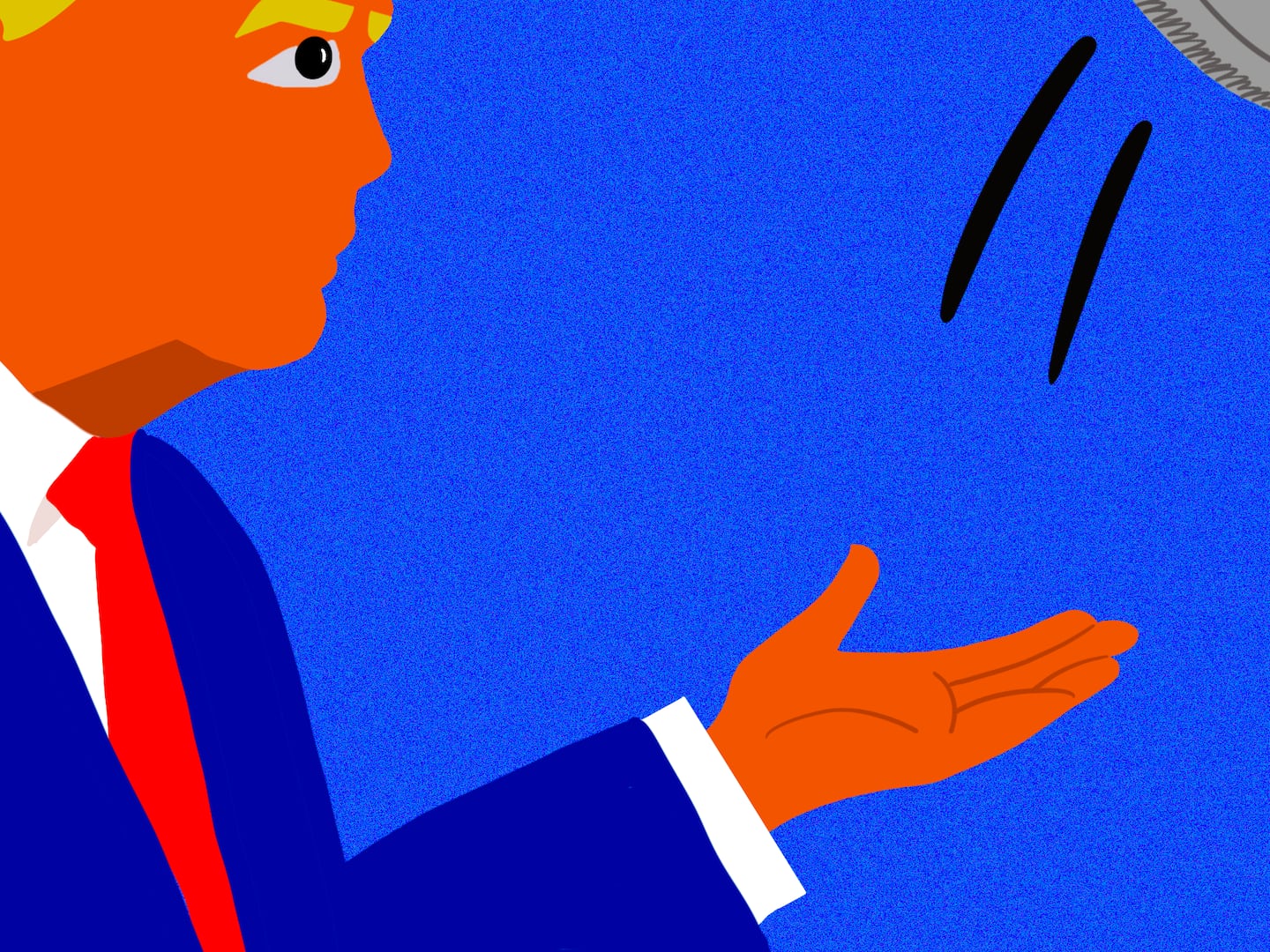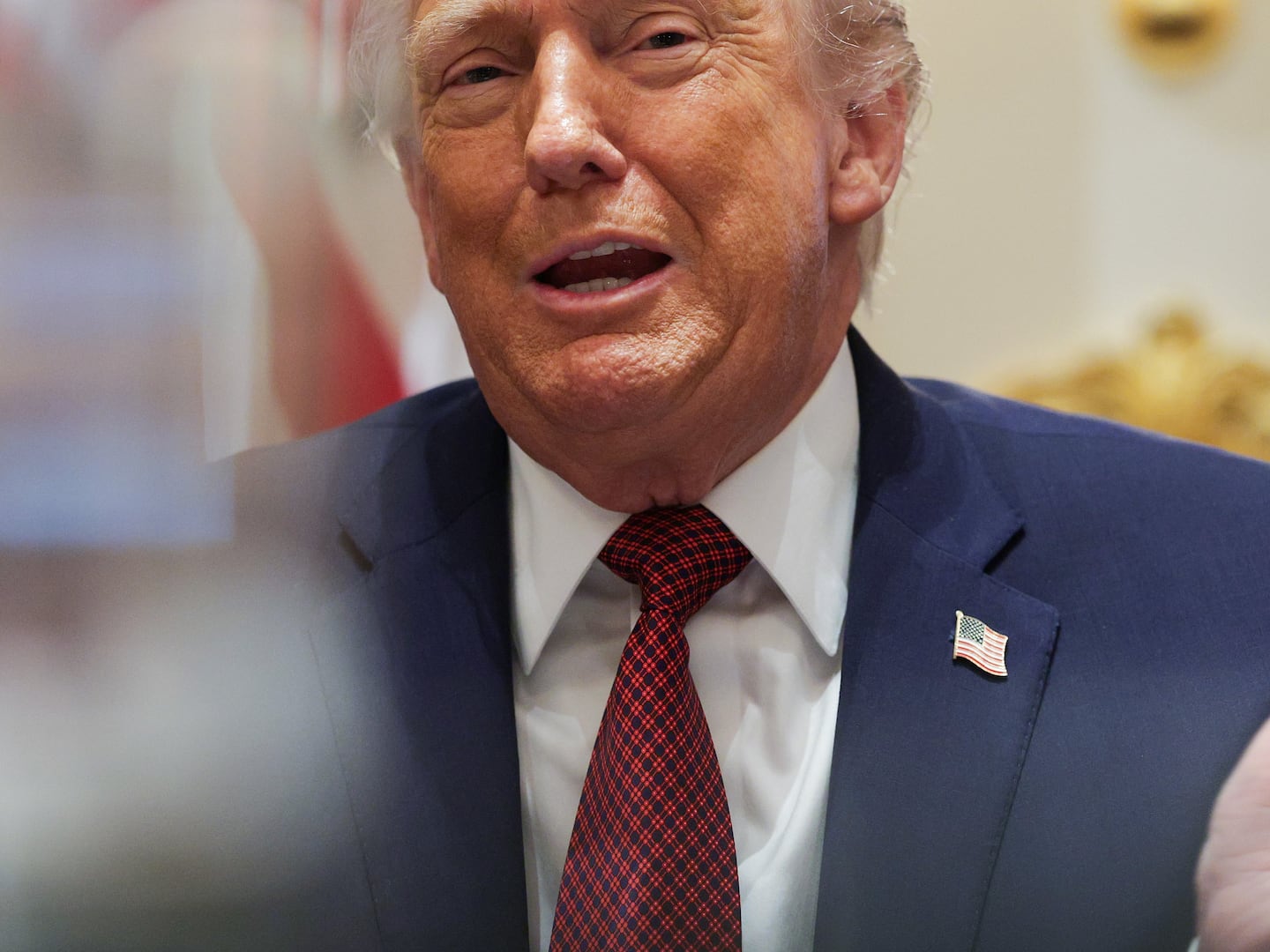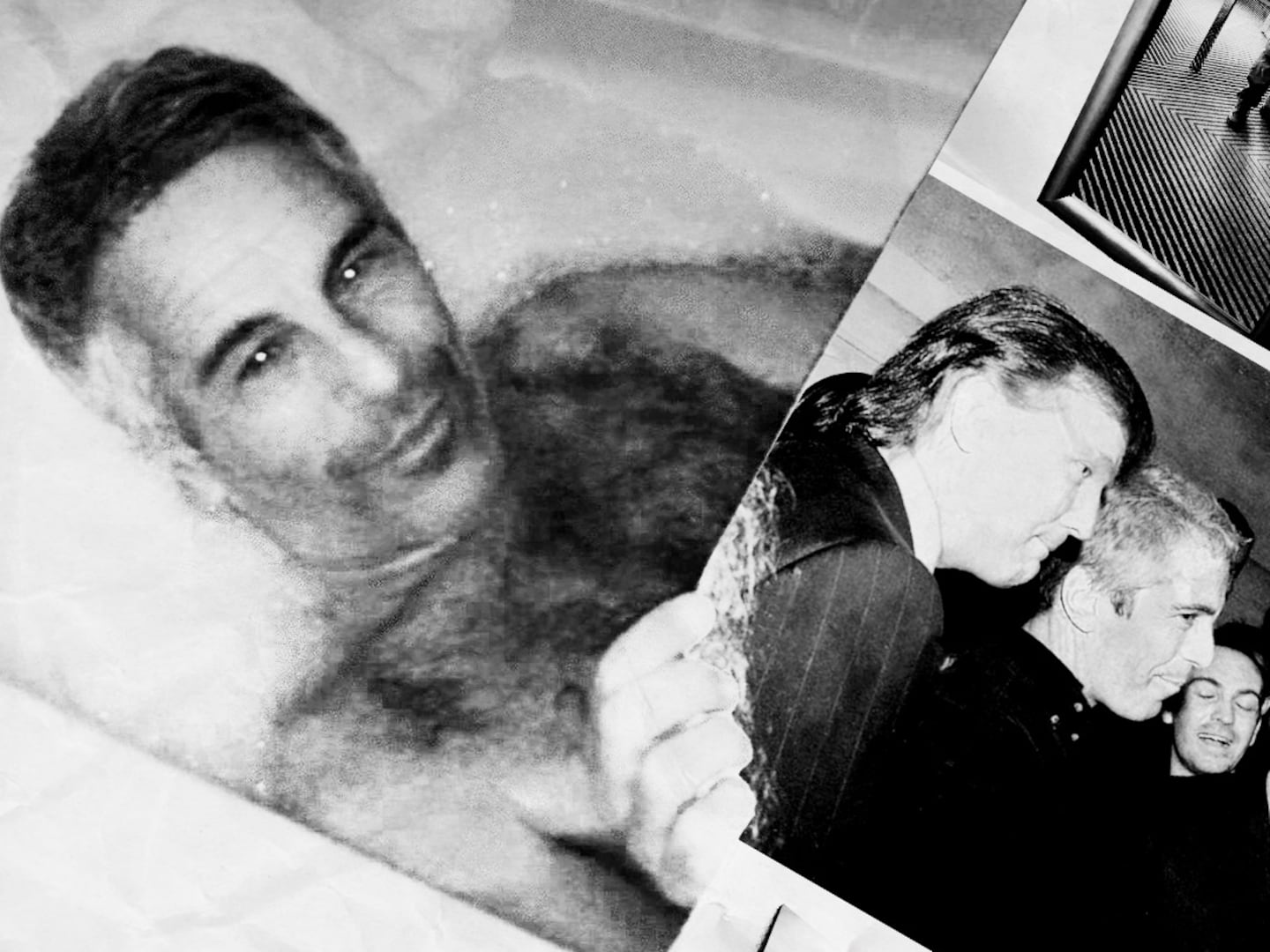Why Zion Square? Because every day, official Jewish discourse about Israel grows more disconnected from reality, and that disconnect endangers Palestinian dignity, American security and the Jewish future.
Two examples, which aren’t as different as they might appear. The first is the settlement of Ariel. In official Jewish discourse, Israeli leaders yearn to relinquish the entire West Bank, spare a few settlements that hug the green line.

But Ariel stretches thirteen miles beyond the green line, virtually slicing the northern West Bank in two. Twenty thousand people live there, and every day, the Israeli government subsidizes more to come. In 2010, Benjamin Netanyahu called Ariel “the heart of our country.” If he’s right, that country is unlikely to survive as a democratic Jewish state.
The second example is Purim, a holiday most American Jews believe ends with Queen Esther and her uncle Mordechai saving Persia’s Jews from Haman’s wicked plan. In his speech last week to AIPAC, Benjamin Netanyahu summed up the conventional depiction: “a Persian anti-Semite tried to annihilate the Jewish people” but “that plot was foiled by one courageous woman—Esther.” But the Purim story doesn’t end with Haman’s plot being foiled; that’s the Disney version. It actually ends with Persia’s Jews retaliating with a massacre of their own.
Why didn’t Netanyahu tell that part of the story? Why don’t most American Jews know about it? For the same reason the American Jewish establishment doesn’t talk about Ariel: because in official Jewish discourse, the Jewish story begins with victimhood and end with survival. On the one hand, Jews delight in our newfound power. What could be more exhilarating for a people that seven decades ago were impotent to stop the Holocaust than seeing a Jewish state with nuclear weapons and an American Jewish community capable of making politicians pander in the most obsequious of ways? What is the AIPAC Conference if not a celebration of our own Purim-like transformation from terrifying weakness to intoxicating strength?
But because the Jewish establishment still depicts Jews as victims, this celebration of power comes without the burden of responsibility. Again and again, Jewish power is described merely as a vehicle for Jewish survival. As if Jewish history means that Jews—unlike other human beings—can use power only to survive and not to destroy.
Zion Square’s mission is to launch a conversation not just about the Israeli-Palestinian conflict, not just about the specter of war with Iran, not just about the relationship between Israel and diaspora Jews, not just about Jewish theology and culture, but about the struggle to confront the ethical responsibilities of a world in which Jewish fortunes have radically changed. My own deeply held belief is that that struggle should be guided by the principles of Israel’s declaration of independence, which envisions a Jewish state that ensures “complete equality of social and political rights to all its inhabitants irrespective of religion, race or sex.” I believe that such a state can only be achieved through a new commitment to full citizenship for those Palestinians who live within the green line, and through the creation of a Palestinian state beyond it.
But while those beliefs stand at the core of Zion Square’s mission, they must themselves be subject to open and unafraid debate. In the Jewish establishment today, to question Israel’s status as a Jewish state is taboo, and likely to get the perpetrator labeled a “delegitimizer,” if not an anti-Semite. Yet the very Jewish leaders who deem such questions illegitimate rarely define what “Jewish state” even means. Would Israel cease being a Jewish state if it instituted civil marriage? If it added a stanza to its national anthem that acknowledged Israel’s non-Jewish citizens? If it restricted the right of return to those Jews actually fleeing persecution? And how can Jewish leaders declare it impermissible to question Israel’s future as a Jewish state when the very settlement policies they support are erasing the green line and turning Israel, the West Bank and the Gaza Strip into one country in which Palestinians will soon outnumber Jews?
The refusal to face these hard questions is not the only reason many younger American Jews are growing more distant from Israel. (For many, distance from Israel is merely a function of distance from Judaism). But even many committed younger Jews find it dispiriting—after having been told all their lives that unfettered debate is the glory of the Jewish tradition—to realize that when it comes to the Jewish state, such debate is discouraged in the crudest and shallowest of ways. What could be more patronizing--for young Jews taught to think for themselves--than to be told that they should start with the assumption that everything the Israeli government does is right, and then reason backwards to figure out why.
At Zion Square, we plan to put front and center the very questions that official Jewish discourse rules out of order. That means challenging liberal Zionism from the left and the right. It means hosting biweekly columns by the hawkish Israeli historian Benny Morris and by the anti-Zionist Palestinian-American writer Youssef Munnayer. It means interrogating Palestinian behavior as stringently as we interrogate Israeli behavior, but it also means challenging the implicit prohibition on Palestinian voices that often characterizes Jewish discourse on Israel, and helps keep that discourse safe, superficial and dumb. And it means recognizing that Zionism itself was always a contested tradition: there were Zionists like Vladimir Jabotinsky who wanted a Jewish state that stretched to Amman, Zionists like David Ben-Gurion who warned against the Jewish state holding the West Bank, and Zionists like Martin Buber who wanted a Jewish homeland that might not be a Jewish state at all. Perhaps one reason Zionism has become a dirty word among so many young Jews is that a term that once connoted fierce debate now connotes blind obedience.
We live in an age of transition as profound as the one that took place in 1967 or 1948. The US-led peace process is dead, perhaps permanently. The Zionist consensus that once undergirded diaspora Jewish life is collapsing. The two state solution for which many of us yearn grows ever more remote. Israel, America and Iran may soon be at war. It is time for a Jewish conversation that faces—rather than evades—the realities of our time. We hope you’ll find it at Zion Square.






